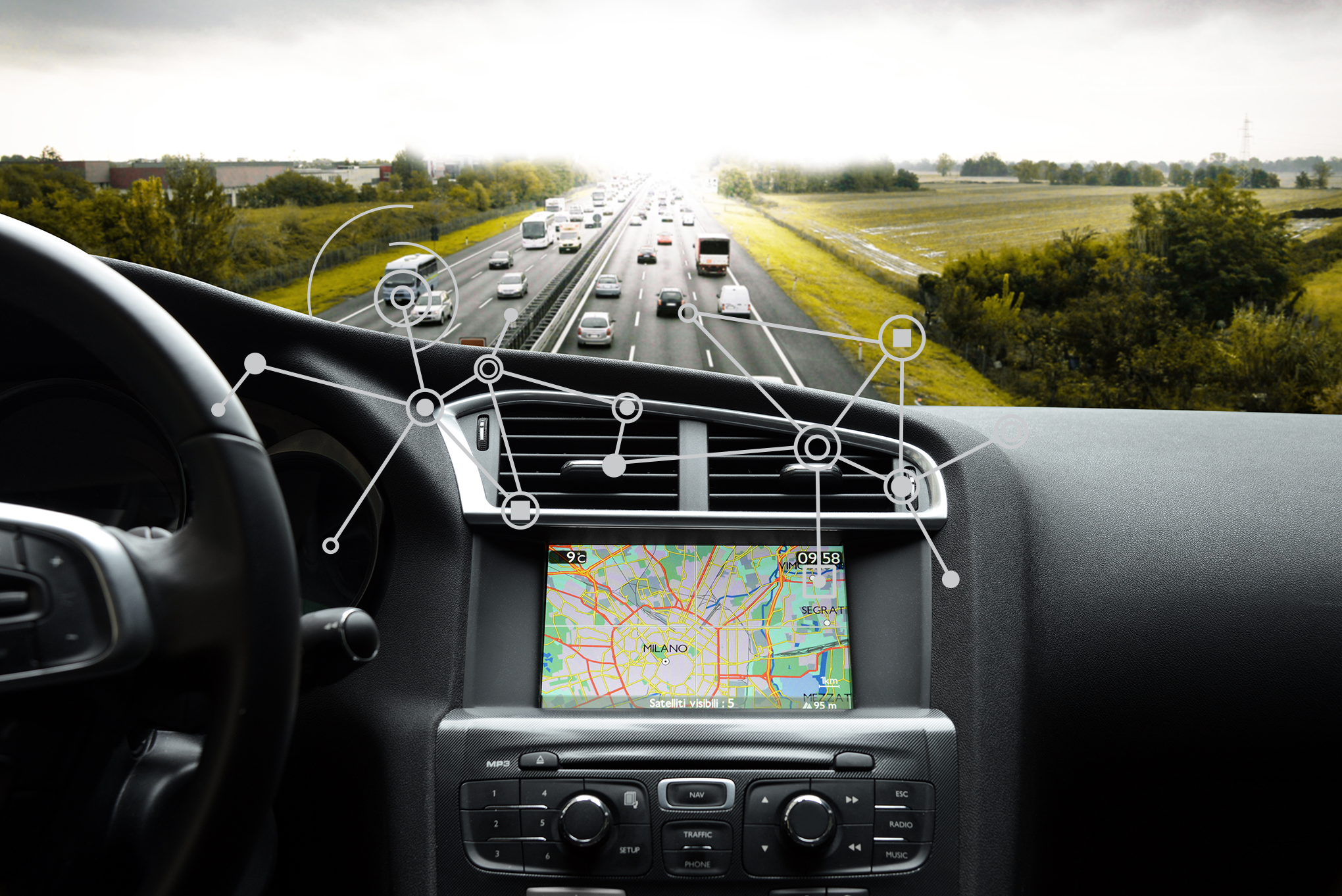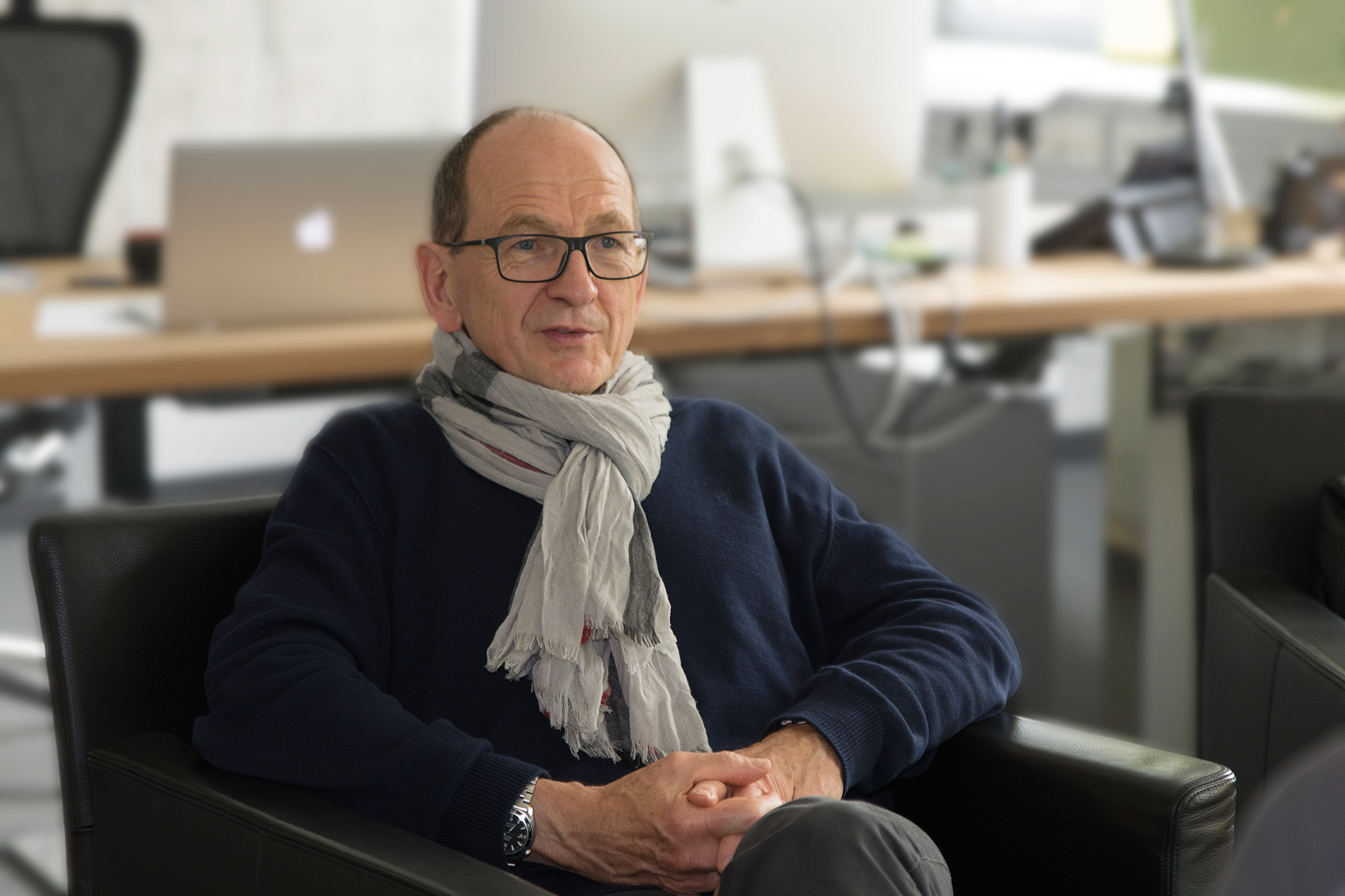Professor Heuberger, cognitive sensor technology is one of the Institute’s two main themes, along with audio and media technologies. Why did the Institute decide to make these two research areas its main themes?
The choice of audio and media technologies was quite straightforward. This is a very high-profile research area, and one where we are global leaders in technology. That is why we will continue to drive it forward on a strategic level and have made it one of our main themes.
For our second theme, we focused on identifying what connects all the research that we do in different areas – and it is the development and use of sensor technology that is becoming increasingly cognitive. In “cognitive sensor technologies”, we have come up with a handy term that draws together the different strands of our work. “Cognitive” in this context means that the sensors don’t just capture measurements and pre-process them using conventional signal processing methods, but are also capable of drawing conclusions from those values.
Are you saying that the sensors think?
That is a bit of a stretch. However, they are equipped with additional capabilities based on machine learning processes. That enables the sensors to build up empirical knowledge from their environment, so that they can work out particular patterns and trends from the signals.
So the thing that is new about this kind of sensor technology is that the sensors learn independently?
Yes. Because we are now also using processes based on machine learning in our work on sensor technology and data transmission, we can do a lot more analysis. The findings from that can form the basis for possible business logics. There is very little more we can achieve using the traditional suite of signal processing technologies. The additional technology of machine learning can open up a whole new range of possibilities. That work is already well underway.



